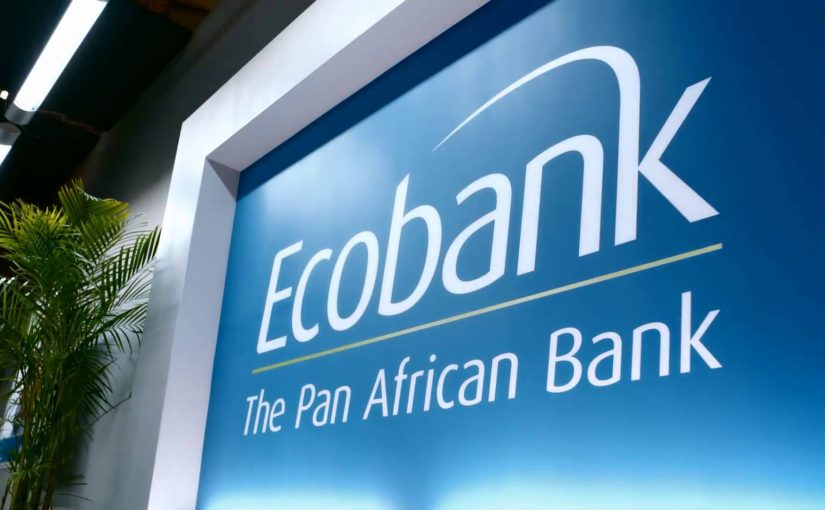Ease of doing business at ports mere political setup to confuse Nigerians—Amiwero
Vociferous maritime industry analyst and stakeholder, who doubles as National President of the National Council of Managing Directors of Licensed Customs Agents (NCMDLCA), Mr. Lucky Amiwero, has described efforts of the government in driving ease of doing business at ports as diversionary and ineffective.
In an interview, he argued that in the last couple of years, “A lot of people have closed down and there is no sign that it was going to be better so, it’s a terrible situation”.
According to him, “The procedures and reforms in the ports have gone 200% bad to what it used to be, so the system is manual, no scanners , roads are bad, it takes almost one month to go to the port and come out , so when you look at our cost of doing business, it is the highest in the world”.
“For 40footer container, you pay almost N200,000 per day to shipping companies that have no forklift; they have no business in the port and they are exploiting the situation. Then you pay N200,000 to terminal operators. That is a duplication of functions; they are duplicating charges. Ghana, for instance, has dropped their terminal handling charges.

Continuing, the chairman of Eyis Resources Limited and a member of about 167 maritime industry panels of enquires of which nine of them are presidential posited that “Nothing is being done by the ministries, nothing is being done by the government, the ease of doing business is just political; it has no positive effect on the economy, there is no saving grace, it is so terrible, that a lot of people have lost hope in the system and the government”.
Giving an idea of what the government and the people doing business in the sector lost as a result of the scenario he has painted above, Amiwero averred that “You see, what was lost was in trillions. When you look at what happened, or what is still happening, for instance, to go inside the port, it will take you average of three weeks, and if you want to go in faster, you have to bribe. Some people pay N10, 000; N12,000; N20,000; N30,000 to go in faster. When you go in, to come out is a problem. The demurrages, the rent and everything that is there is in trillions of Naira”.
Continuing, the expert said “The impact is great to the economy. That is why you find out that there was no direct foreign investment, nobody wanted to come into the country that has not complied with International Maritime Organisation rules”.
“In the Kyoto Convention rules, the two rules are very clear. Any one that wants to fall into the rules must minimise her trade, you must simplify your procedure and harmonise it. That is the IMO rule, the Kyoto Convention Rules, which affects the Nigerian Custom Service (NCS), is to harmonise and simplify your procedures.
“We have most of the difficult procedures in our port. We have alert all over the places, we have Federal Operations Unit of the Customs chasing the goods after they have been released from the ports.
“We have the police and the other security agencies coming to do one thing or the other. Nobody checks the whole system; the entire system is thrown to a lot of abuses.
“Interceptions are coming from external and other agencies. The decree says these things should be done once and for all in the port, but the problem is that when you leave the ports, you have people blocking you on the road and checking around the whole places. No country does what we are doing and nobody controls, nobody seems to be in charge.
“Is it on the transport, is it on you not having scanners. Scanners that were brought were scanners that lasted from 2006- 2018. At the end of the day, all the scanners were broken down, nobody can use them.
“Now you have to bring down all the consignment for 100% examination, how do you get it, you cannot, you cannot get anything better because it is not done anywhere in the world.
Amiwero argued further that “Physical examination all over the world is done 10%. All other things are through scanners and you go through release. So we have a port system that is archaic, that is backward, that is quite problematic and procedures that are lengthy and cumbersome. Such procedures can never attract foreign direct investment. You can’t be talking about revenue. You don’t know how much we lost”.









